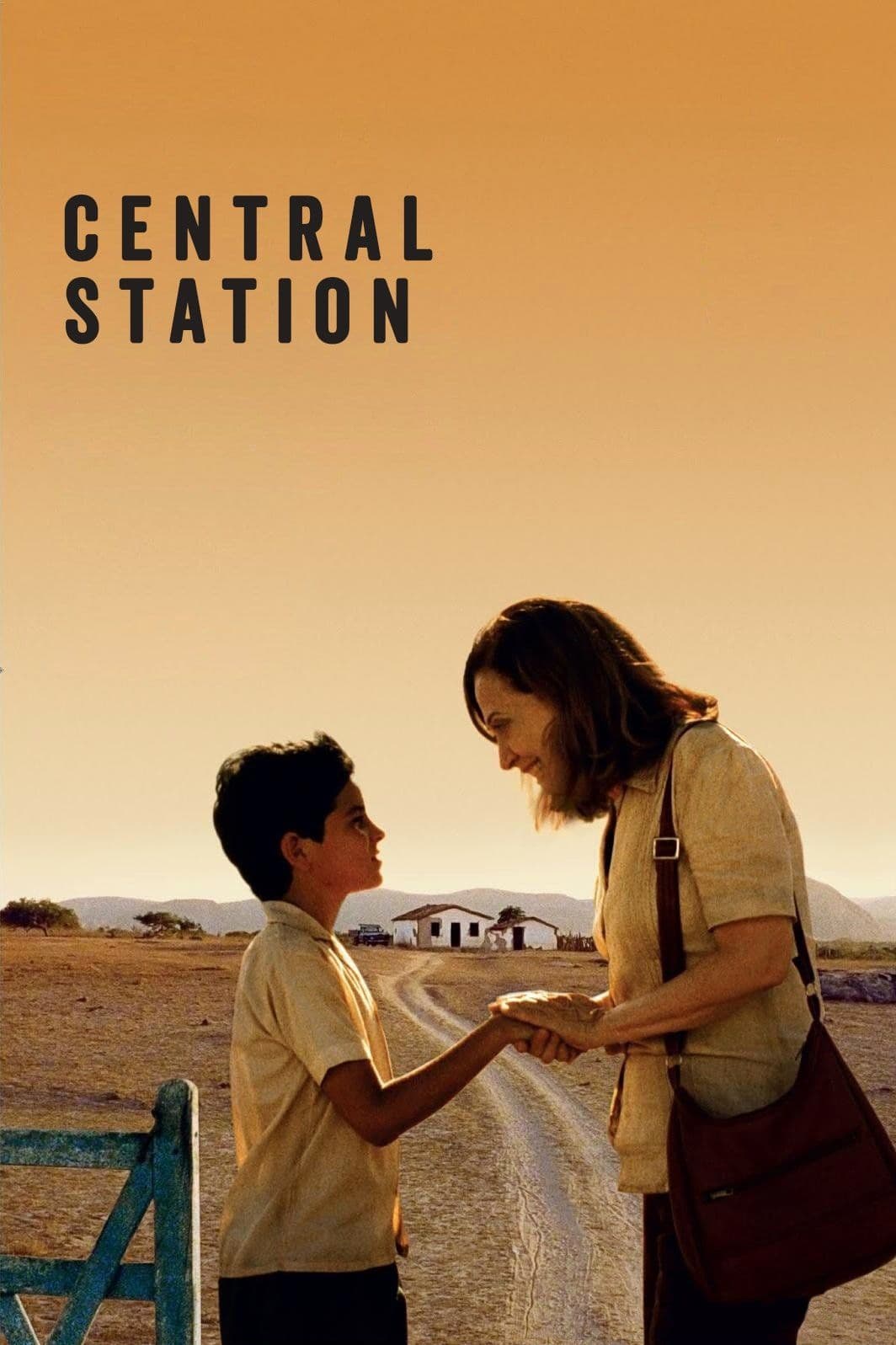
Central Station
1998
Rate this movie
Average: 0.00 / 5
(0 votes)
Director
A film that speaks the language of the soul and which, with its velvety lyricism, enraptures and moves. It is not a mere narration of events, but an almost synesthetic immersion into a universal human condition, filtered through the specificities of a vibrant and suffering context. Its strength does not lie in the display of grandiose gestures, but rather in its ability to evoke the intrinsic beauty of fragility and the redemptive power of human connection, enveloping the viewer in an aura of profound melancholy and, at the same time, of indomitable hope.
A clear-sighted and disenchanted look at the social and economic devastation of a country otherwise brimming with beauty. Walter Salles does not merely paint a desolate picture of poverty and illiteracy; he delves into their emotional ramifications, showing how the cracks in the social fabric are reflected in individual souls, but also how, precisely from those cracks, unexpected resilience can sprout. It is a portrait of Brazil in transit, poised between the chaotic modernity of its metropolises and the atavistic quietude of its more remote regions, a country where unkept promises clash with indomitable human dignity.
With this work, Walter Salles makes a name for himself on the global stage and garners critical attention, sweeping up cinematic awards (Golden Bear, Golden Globe, BAFTA). A deserved triumph that consecrated the Brazilian director as one of the most authentic and sensitive voices in contemporary cinema, a spiritual heir to a neorealist tradition that finds in Salles an unprecedented and profoundly South American reinterpretation. His cinema, previously acclaimed for the subtlety of works such as Terra Estrangeira, here achieves an expressive maturity that combines formal mastery and ethical depth, positioning itself as a bridge between European art-house cinema and the vibrant energy of Latin American cinematographies.
The story centers on a young motherless orphan who decides to leave Rio de Janeiro in search of his father. Josué, the child's name, embodies the uncorrupted purity of someone still able to look at the world with naive, expectation-filled eyes, despite the harsh contact with street reality. He is the spark that ignites the flame of human rediscovery.
He will be helped by an elderly schoolteacher who writes and reads letters for the illiterate and who takes his plight to heart. Dora, portrayed by a masterful Fernanda Montenegro – whose performance, imbued with nuanced humanity, earned her a historic Oscar nomination – is a layered character: initially cynical, disillusioned by life and the misfortunes of others that she witnesses daily at the central station, a true epicenter of lost stories and uncertain destinies. The “Central do Brasil” of the title is not just a physical place, but a symbolic crossroads of hopes and despairs, where written communication, often the last bastion against oblivion, becomes an exchange commodity and a vehicle for illusions.
The two will embark on a journey that is, first and foremost, an exploration of the soul, with the formation of a delicate emotional bond that becomes a tender surrogate for filial love. It is not a simple geographical itinerary, but an existential odyssey that unfolds amidst the most recondite folds of the human spirit, revealing layers of resilience and tenderness that modern civilization tends to suppress. Their bond, born from a mercantile transaction and initial mutual distrust, evolves into a reciprocal emotional dependence, an atypical alliance that redefines the boundaries of family and the sense of belonging. Dora, through Josué's eyes, rediscovers the capacity to feel, to give, and to receive, while Josué finds in her an almost maternal figure, a compass in a vast and unknown world.
A road movie of wonderful candor, emotionally engaging, capable of astonishing with the suggestive power of enchanted landscapes but also with the soft power of the most elemental human emotion: maternal love. The road movie genre here is elevated to a metaphor for an inner journey, a coming-of-age voyage not only for the young protagonist but also for his unlikely companion. The ever-changing horizon of the Brazilian sertão, captured with cinematography that enhances its raw beauty and disarming vastness, becomes a mirror of the characters' emotional transitions. Salles' camera, never intrusive, becomes a discreet observer of a modest epic, where every landscape traversed is not merely a backdrop, but an integral part of the two protagonists' psychological evolution. Chaotic cities give way to remote villages, and human frenzy dissolves into the imposing quietude of nature, symbolizing a progressive return to a more authentic and primordial dimension.
As an iconographic corollary to the journey are images of a Brazil both splendid and subjugated by poverty. The poignant beauty of the landscape, ranging from bustling megalopolises to the arid, dusty expanses of the interior, is never sugarcoated or sensationalized, but rather integrated with brutally poetic honesty into the narrative. Every frame is imbued with profound respect for the reality it portrays, highlighting the contradictions of a nation in continuous metamorphosis, where misery coexists with inestimable cultural and natural richness.
A film of extraordinary delicacy, which unfolds its enchantments with a discretion, an almost mystical sobriety. This sobriety, far from being a limitation, is the key to its universal resonance. Salles does not need complex narrative artifices or special effects; his art lies in the ability to distill the essence of human experience, reducing it to its purest and most moving terms. It is a work that whispers rather than screams, and precisely in its subdued tone finds its maximum eloquence, leaving the viewer to fill the silences and embrace the fragile, yet immense, hope that pulses in every frame. A cinematic jewel that continues to shine with its own, eternal, and profoundly human light.
Genres
Gallery
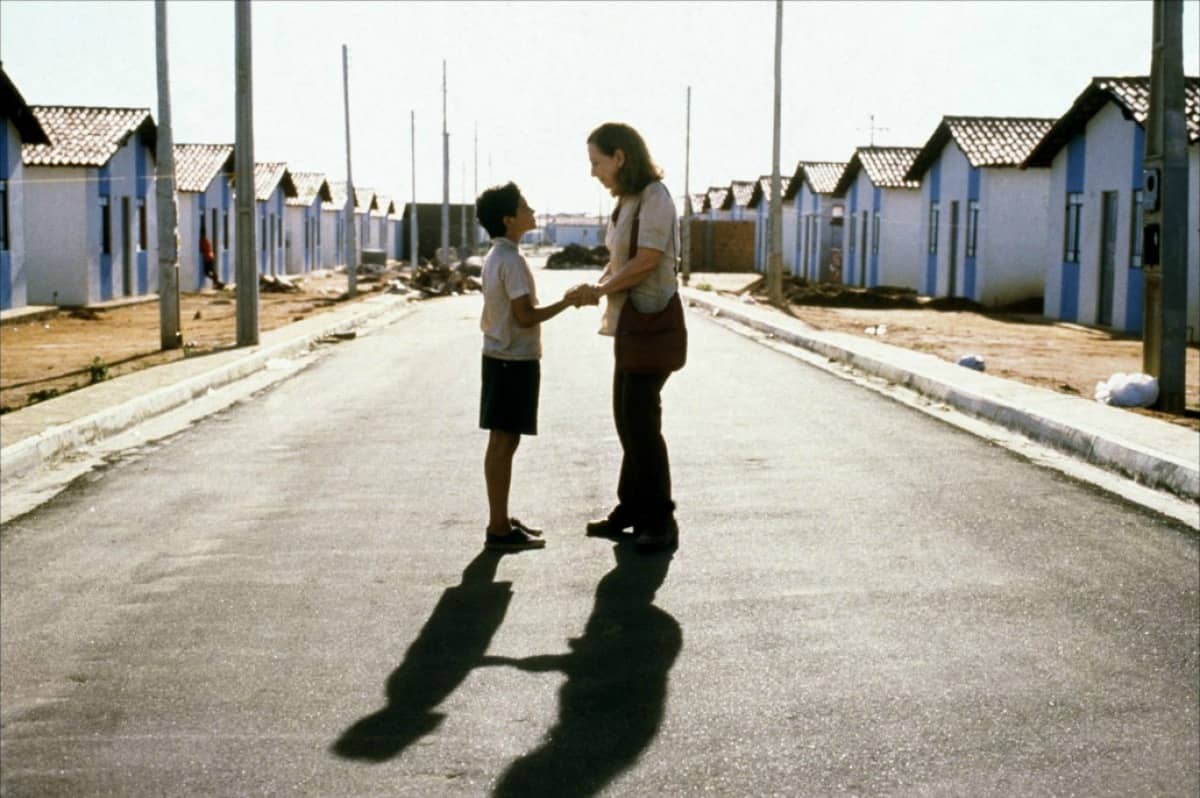
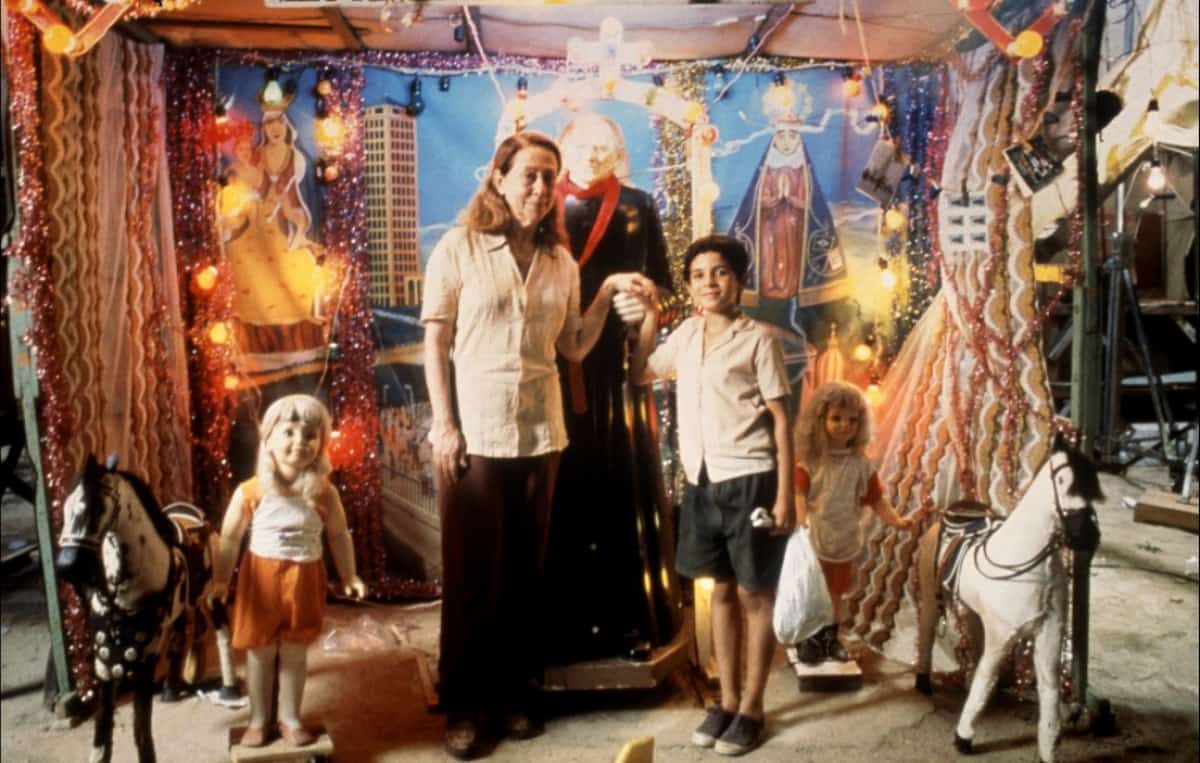
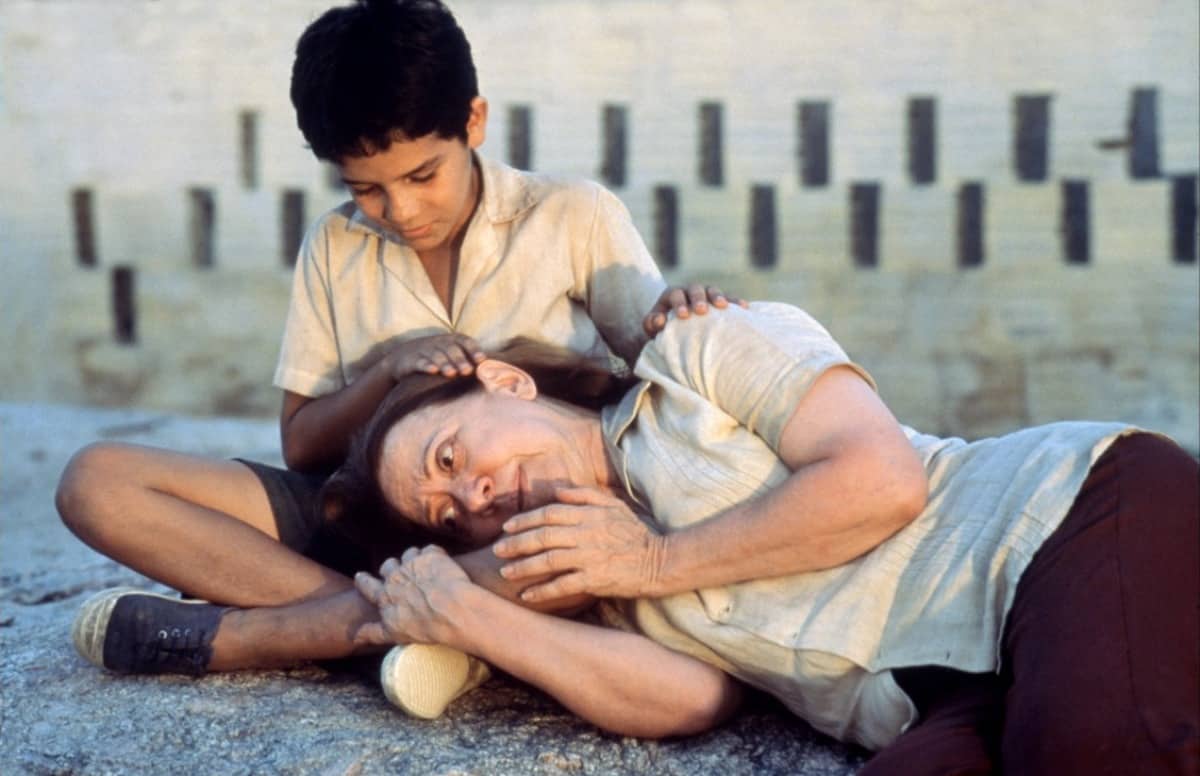
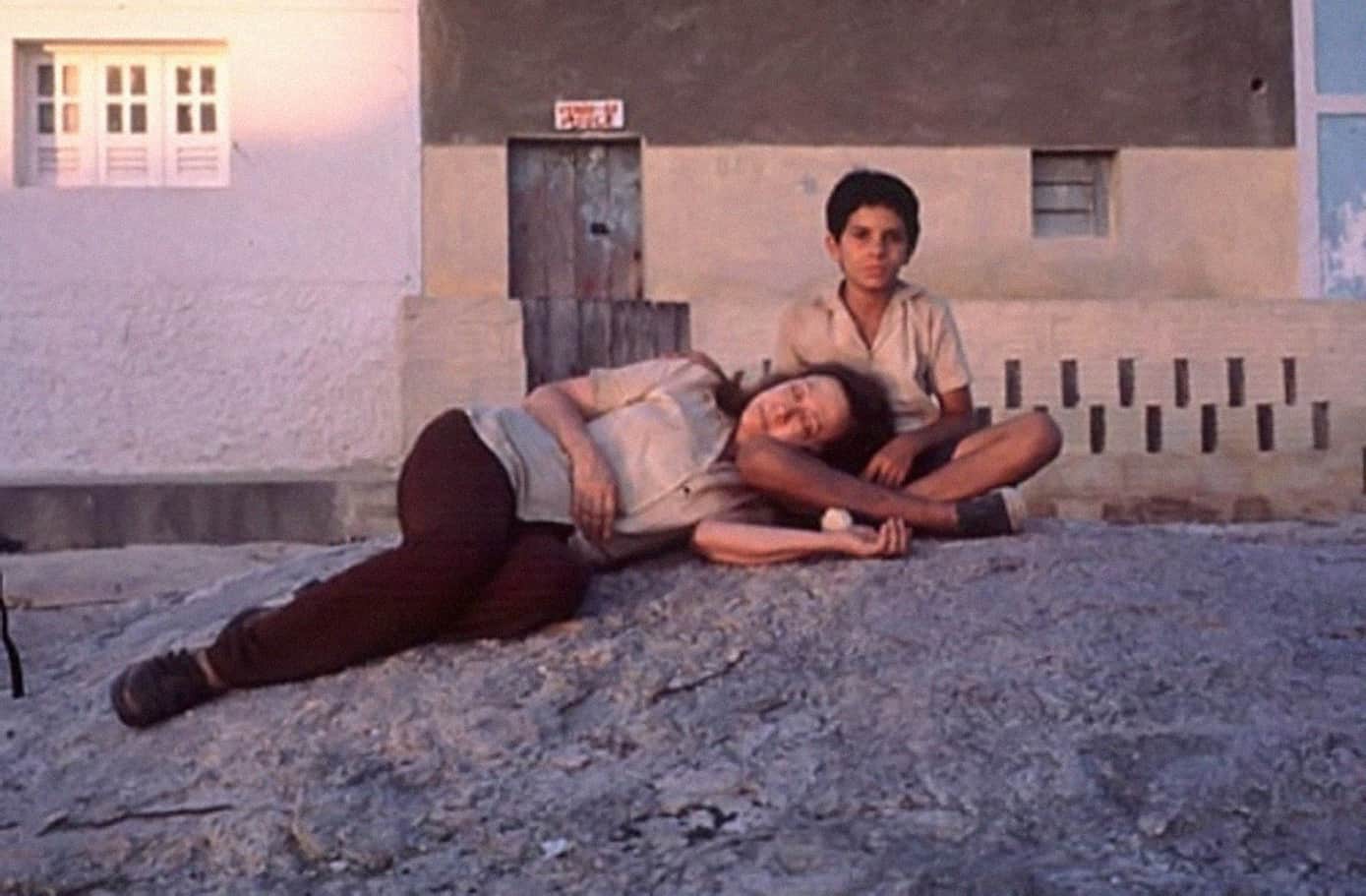


Comments
Loading comments...